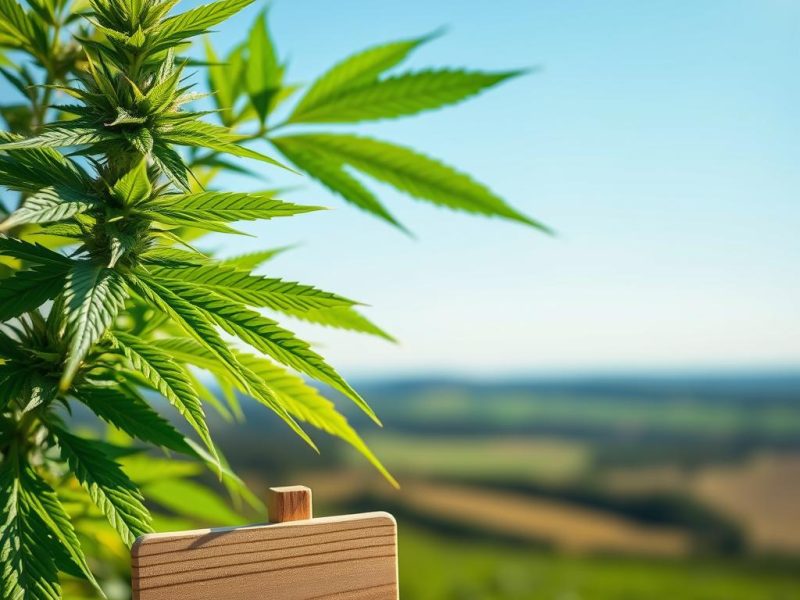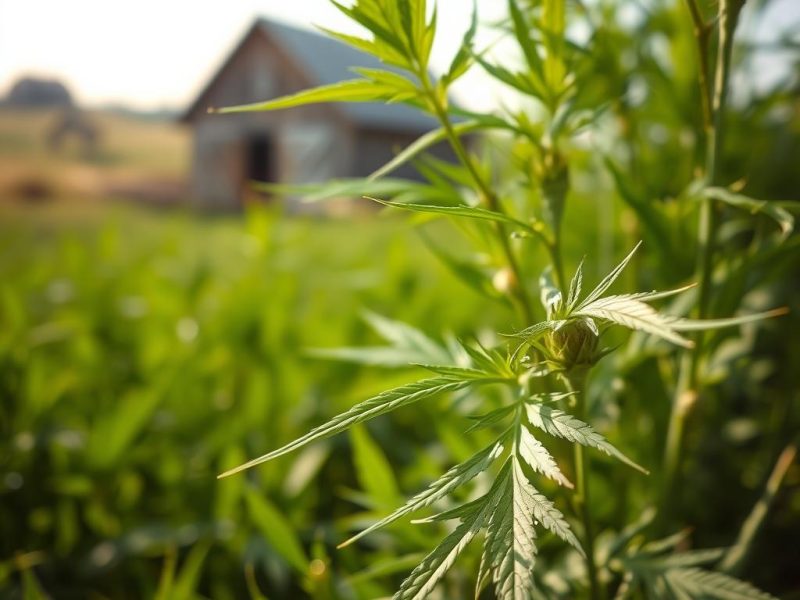A Guide to the Current Laws and Regulations Regarding Low and High THC Hemp Fans of CBD in North Carolina
Raleigh, NC The issue of legalization of cannabis and related products in North Carolina, as in other states, is evolving and will undergo significant development in the next decade. Although legal at present, new rules that will be effective from the year 2025 will impose a strict regime on their sale and use. This guide accounts for understanding current laws and THC limits as well as expectations in light of the changes that will come.
Existence of Cannabis and Cannabis Concerns
Post late 2025 in North Carolina, CBD and other high-quality hemp-based products are all acknowledged and protected as such as per the 2018 Federal Farm Bill. This implies that the products should be made from hemp with less than 0.3% of Delta 9 THC content on a dry basis.
<pNeverthless, the trend in the state is heading towards stricter control of the market. Governor Josh Stein has declared the creation of the State Advisory Council in view of normalizing the existing unrestricted cannabis market. It has been done in light of the fears about the young people’s access to these products and their safety.
Changes in 2025
The awaited changes will bear additional reporting requirements going into effect on October 1, 2025. These amendments, which are in line with the federal guidelines as well as the public health goals, will be of concern to both the consumers and the retailers.
Notable changes include the following:
- Age Limits: You will only be able to consume hemp or THCa if you are aged 21 and above. Stores will be required to ask for identification documents.
- More Stringent Testing and Packaging Regulations: It would be mandatory for all CBD products to undergo third-party lab testing from State accredited labs. The laboratory results should include the THC content, which should be both Delta 9 and total THC. There has to be more information on the labels of these products to include batch or lot numbers, laboratory test results, which is encouraged to display in the form of a digital QR code, and clear caution that it should only be used for people that are 21 years and above. It will be restricted to use packaging that will appeal to young kids such as cartoons or animal configuration.
- Testing of “Total THC”: Another very important addition is the introduction of the testing for “total THC” which comprises both Delta 9 THC and Delta 9 THCA. This is intended to prevent the sale of “hemp flowers” that can be smoked to develop intoxicating effects. In other words, THCA flower, derived from Cannava, can only be around the 0.3% total THCA to be within the legal jurisdiction.
- Licensing and Compliance: New licensing requirements for businesses that sell hemp and THCa products will now include annual background checks on business owners and operators. In addition, for those retailers who conduct sales on the internet, there will be extra compliance measures introduced such as age gate and verifying shipments.
THC Thresholds in North Carolina
In North Carolina, there is a fine line between what to consider legal hemp and what to consider illegal marijuana based on the amount of THC.
- Hemp Derived Products: CBD products derived from hemp however have a limit on how delta 9 THC should be, which is less than 0.3%, for the general consumer.
- Medical CBD: North Carolina has one of the weakest medical CBD programs also known as Epilepsy Alternative Treatment Act. This law provides protection for patients suffering from untreatable epilepsy, to possess and use extract of hemp that contains more than or equal to five percent CBD weight with less than 0.9 milligrams of THC in it.
Do you want to cook and serve some CBD edibles? Who doesn’t like a slice of cake, a pie, or a cupcake with some little extra?
Do you crave making tasty CBD brownie recipes? There are numerous CBD food recipes for brownies that can be found on many websites across the internet.
Even with legalized hemp products, it is still essential for consumers to be wary of the dangers of uncertainty. Such dangers may stem from law enforcement officers who may not be able to tell the difference between hemp and marijuana, since they appear and smell quite alike.
Hemp Derived Products Regulation
Finally, with the regulation in 2025, the hemp derived product industry in North Carolina should have an effective regulation, though belatedly. Presently, very little control measures are in place as it does not require any licensing for a business to engage in the sale of such commodities in any capacity. These sets of rules are set to promote and protect good investment and production practices.
To restate this, an assumption can be made that there has not been a single change in the legal status of CBD or hemp derived products. There is no doubt that this will change very soon, as new policy issues have been in construction. This is to say that the notion that after 1st October, 2025 arises did not appear from thin air and that the changes in the North Carolina regulations are pertinent. In the meantime, all consumers or market players are advised to correspond with the changes that will take place on 10/1/2025.



